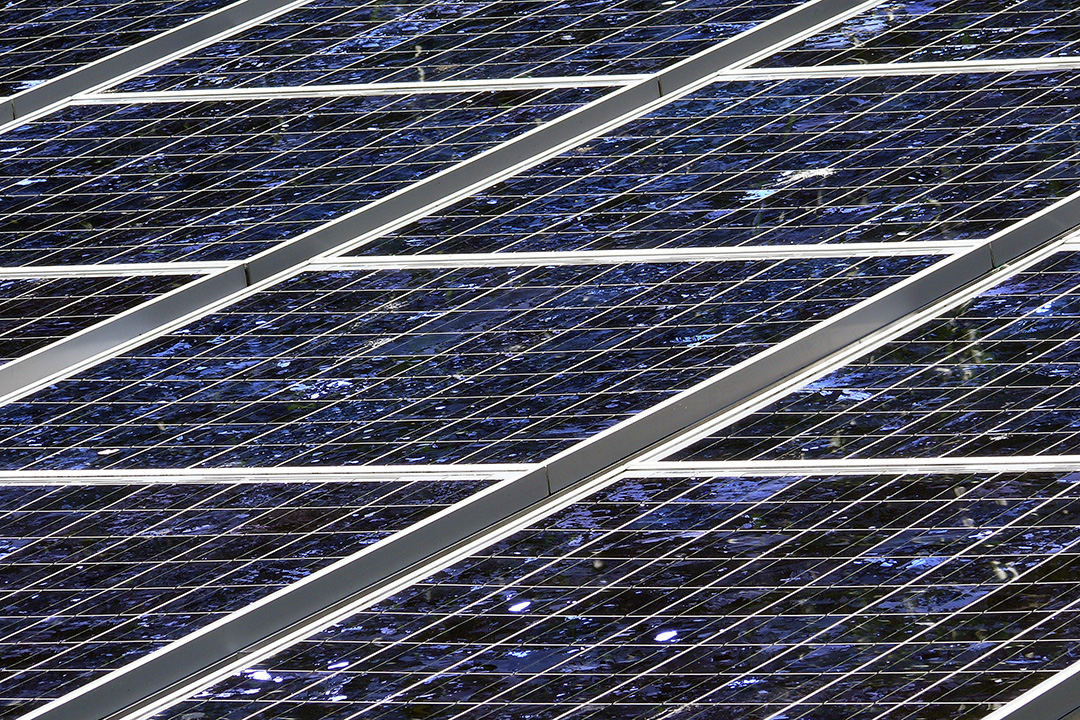 11 November 2014: The US and China have released a joint announcement on climate change on the sidelines of the Asia Pacific Economic Cooperation (APEC) meeting in Beijing, China.
11 November 2014: The US and China have released a joint announcement on climate change on the sidelines of the Asia Pacific Economic Cooperation (APEC) meeting in Beijing, China.
US President Barack Obama and Chinese President Xi Jinping reaffirmed the importance of strengthening bilateral cooperation on climate change and their commitment to working together, with other countries, to adopt “a protocol, another legal instrument or an agreed outcome with legal force” under the UNFCCC at the UN Climate Conference in Paris in 2015. Both expressed their desire to reach an ambitious 2015 agreement that reflects the principle of common but differentiated responsibilities (CBDR) and respective capabilities, taking into account differing national circumstances.
The US and China announced their respective post-2020 actions on climate change, with the US intending to achieve an economy-wide target of reducing emissions by 26%-28% below 2005 levels by 2025. For its part, China aims to achieve a peaking of carbon dioxide (CO2) emissions around 2030, and increase the share of non-fossil fuels in primary energy consumption to around 20% by 2030.
Both countries expressed hope that by announcing these targets, they can “inject momentum” into the climate negotiations and inspire other countries to announce ambitious actions as soon as possible, preferably by the first quarter of 2015.
In addition, the US and China have: established the US-China Climate Change Working Group (CCWG), under which initiatives on, inter alia, vehicles, smart grids, carbon capture, utilization and storage (CCUS), energy efficiency and greenhouse gas (GHG) data management have been launched; agreed to work together towards phasing down hydrofluorocarbons (HFCs); created the US-China Clean Energy Research Center; and agreed on a joint peer review of inefficient fossil fuel subsidies under the G-20.
Both sides said they would continue to cooperate on, inter alia, advanced coal technologies, nuclear energy, shale gas and renewable energy, in order to optimize the energy mix and reduce emissions. They also announced additional measures to strengthen and expand their cooperation, including by: expanding joint clean energy research and development; advancing CCUS demonstrations; enhancing cooperation on HFCs; launching a climate-smart/low-carbon cities initiative; promoting trade in green goods; and demonstrating clean energy on the ground in the areas of building efficiency, boiler efficiency, solar energy and smart grids. [US Press Release] [UNFCCC Press Release][US Fact Sheet on agreement]

